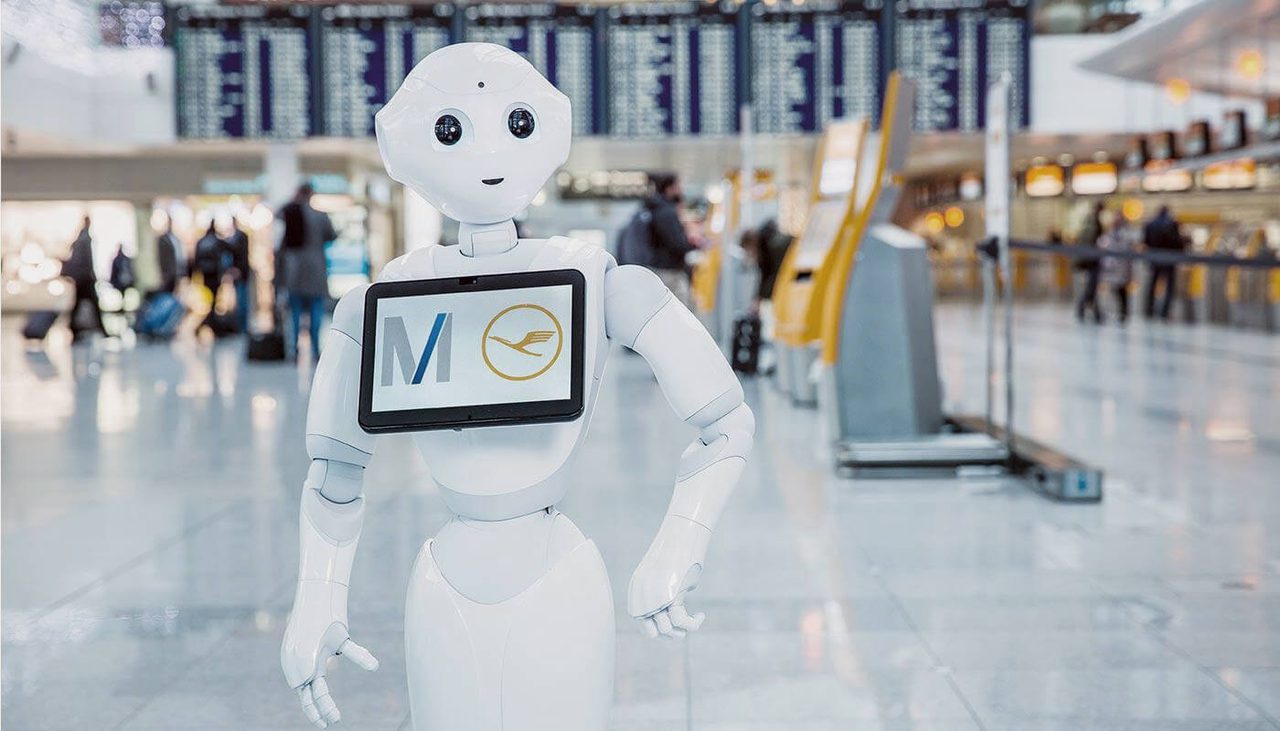
Technology
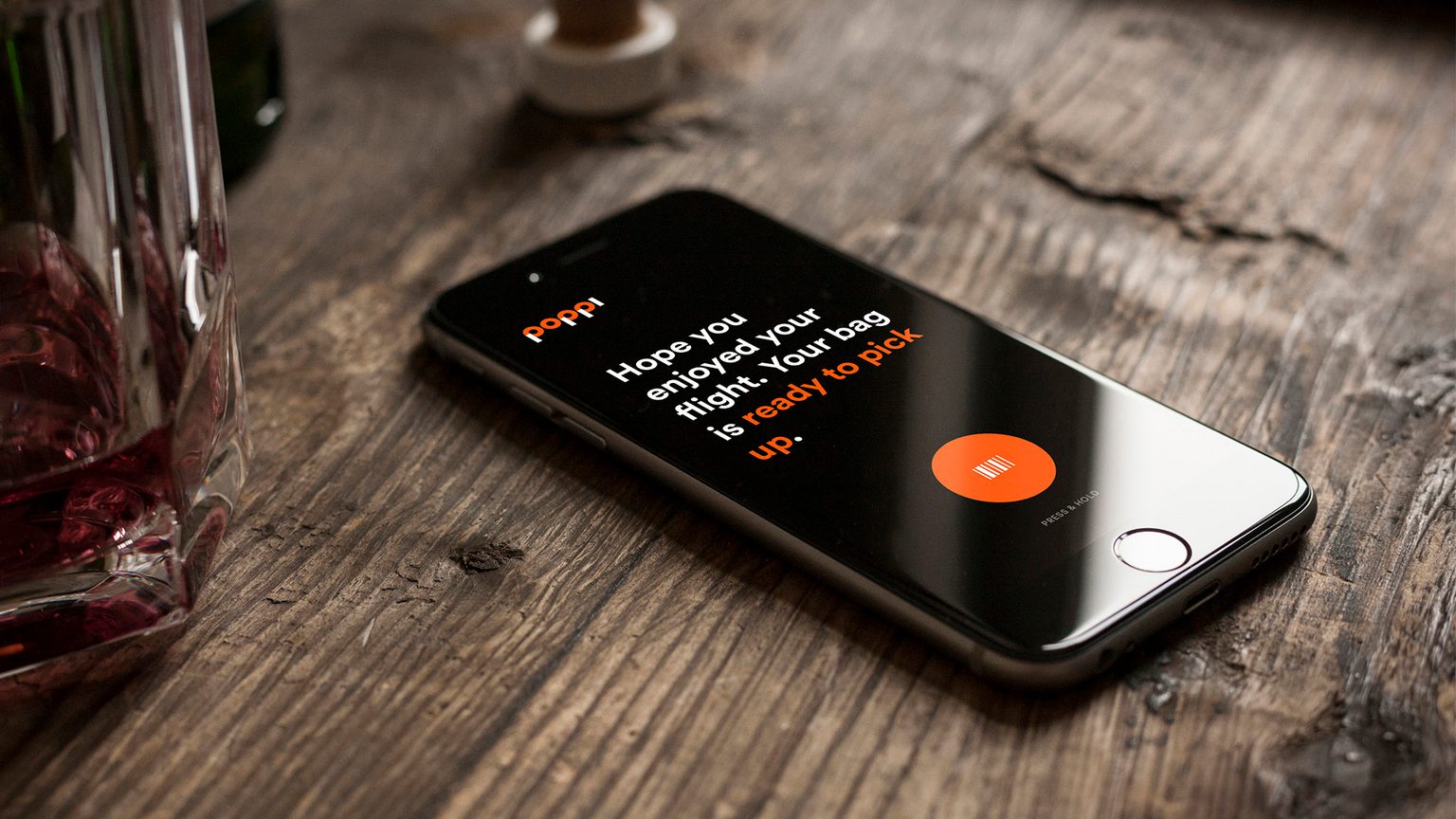
Teague Featured Concept | Poppi | Airline Innovation
Category
Expertise
To help airlines anticipate disruptive innovations that could leave them left behind, Teague conceptualized Poppi: a tech-savvy airline that focuses equally on passenger experience, brand loyalty, and the bottom line.
CHALLENGE
Revolutionary innovations in overland transportation—namely, autonomous vehicles and Hyperloop—have the potential to disrupt commercial aviation in dramatic ways. At a minimum, both technologies have the capacity to make short-haul air travel obsolete. Why fly from Seattle to San Francisco if your autonomous car, complete with a lie-flat bed and big screen TV, can just drive you there overnight? And why fly from Los Angeles to New York if Hyperloop can get you there in under an hour, and without burning any fossil fuels? Poppi showcases innovations airlines and airports need to design today to be relevant in the future.

APPROACH
With Poppi the goal was to create a cohesive concept for a future airline. To do this, we organized our design innovations around three guiding principles:
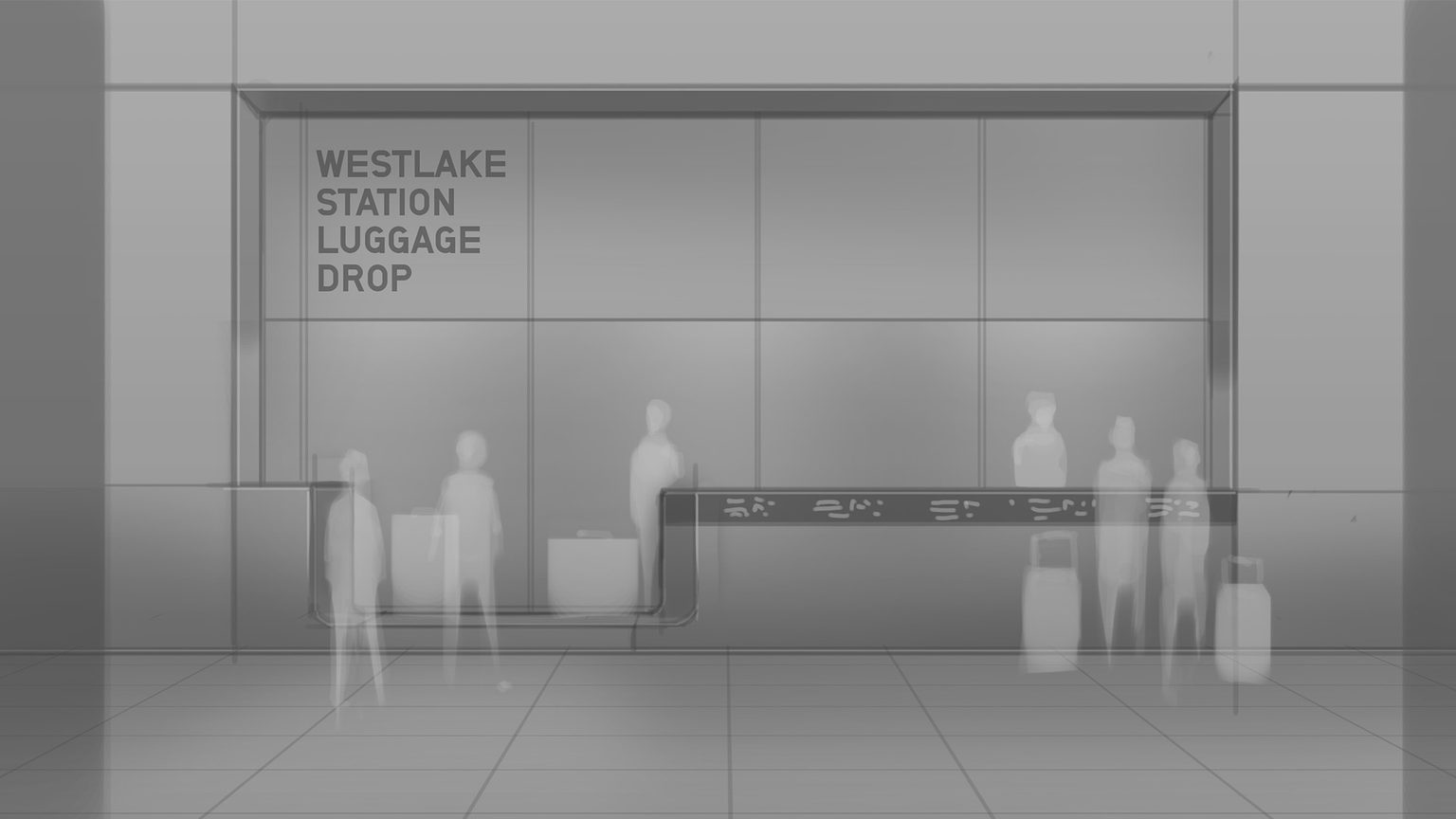


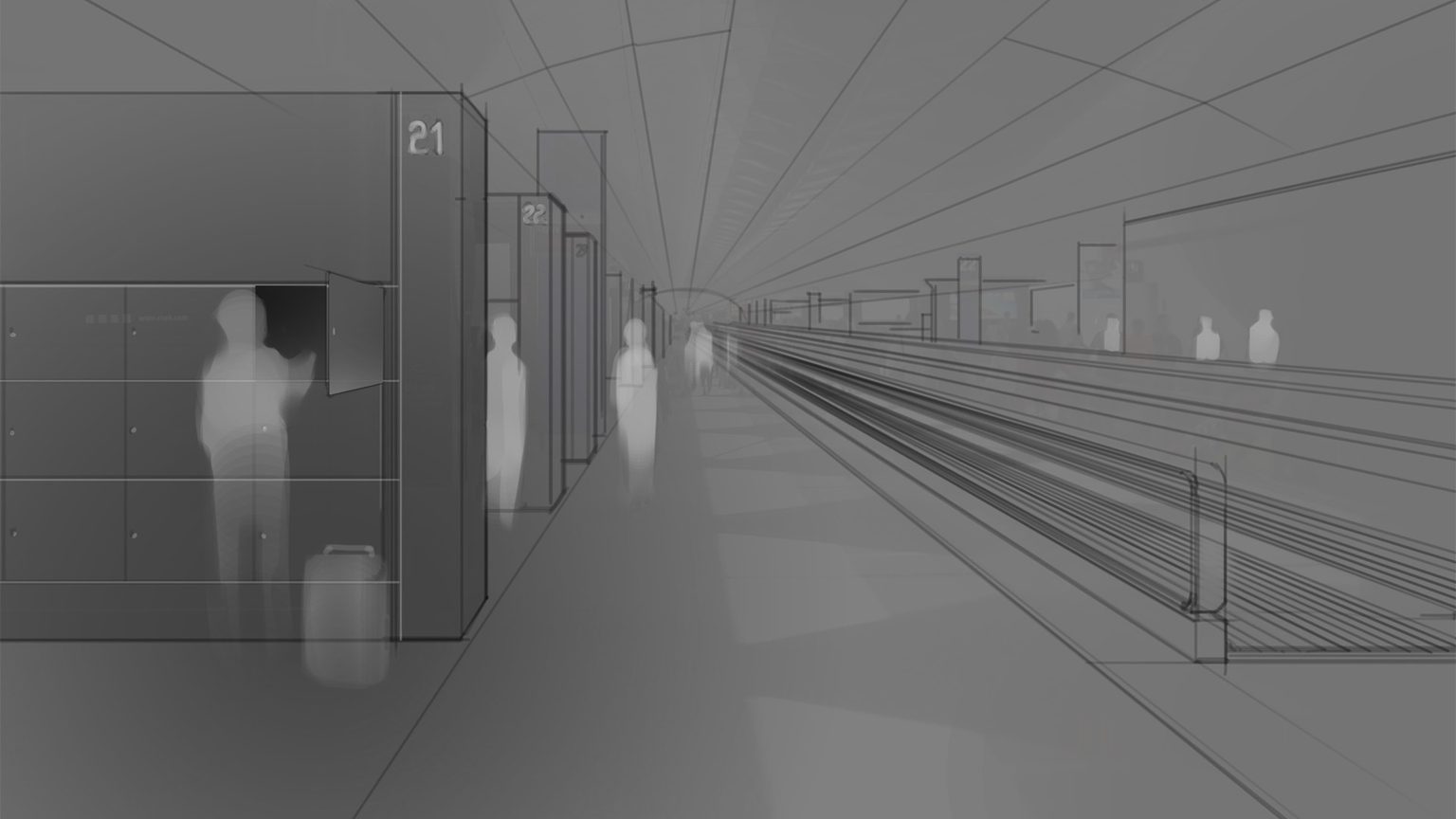
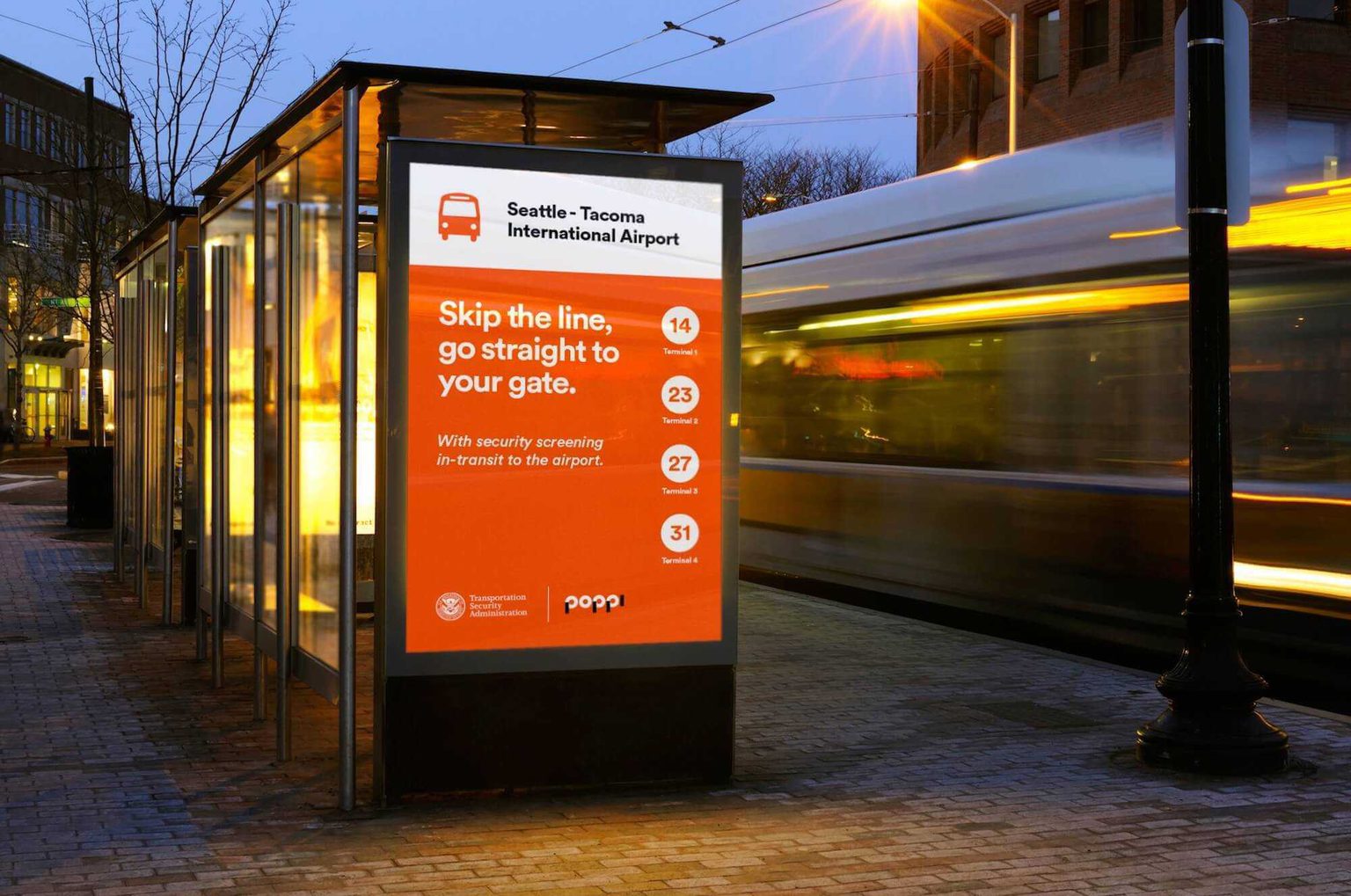
SOLUTION
Poppi is centered around technology. In Europe and North America especially, eliminating lines will require stretching the airport beyond its physical footprint, and doing things like in-transit TSA screening. Inside the airport, we’ll need to bring passengers to the gate right when they need to board, not earlier or later. Connecting passengers to just-in-time information and prompts will be possible through smart tables and other infrastructure that’s fully integrated with airport and airline systems.
Borrowing from the sports world, which gives ticket holders a platform to resell their seats while pocketing a piece of the transaction, the Poppi airline app allows its members access to either resell their seats instead of paying for a change fee, or swap seats with other passengers boarding the same plane. In addition to a sense of camaraderie, this gives passengers greater control over a process in which there is rarely transparency or the opportunity for negotiation.
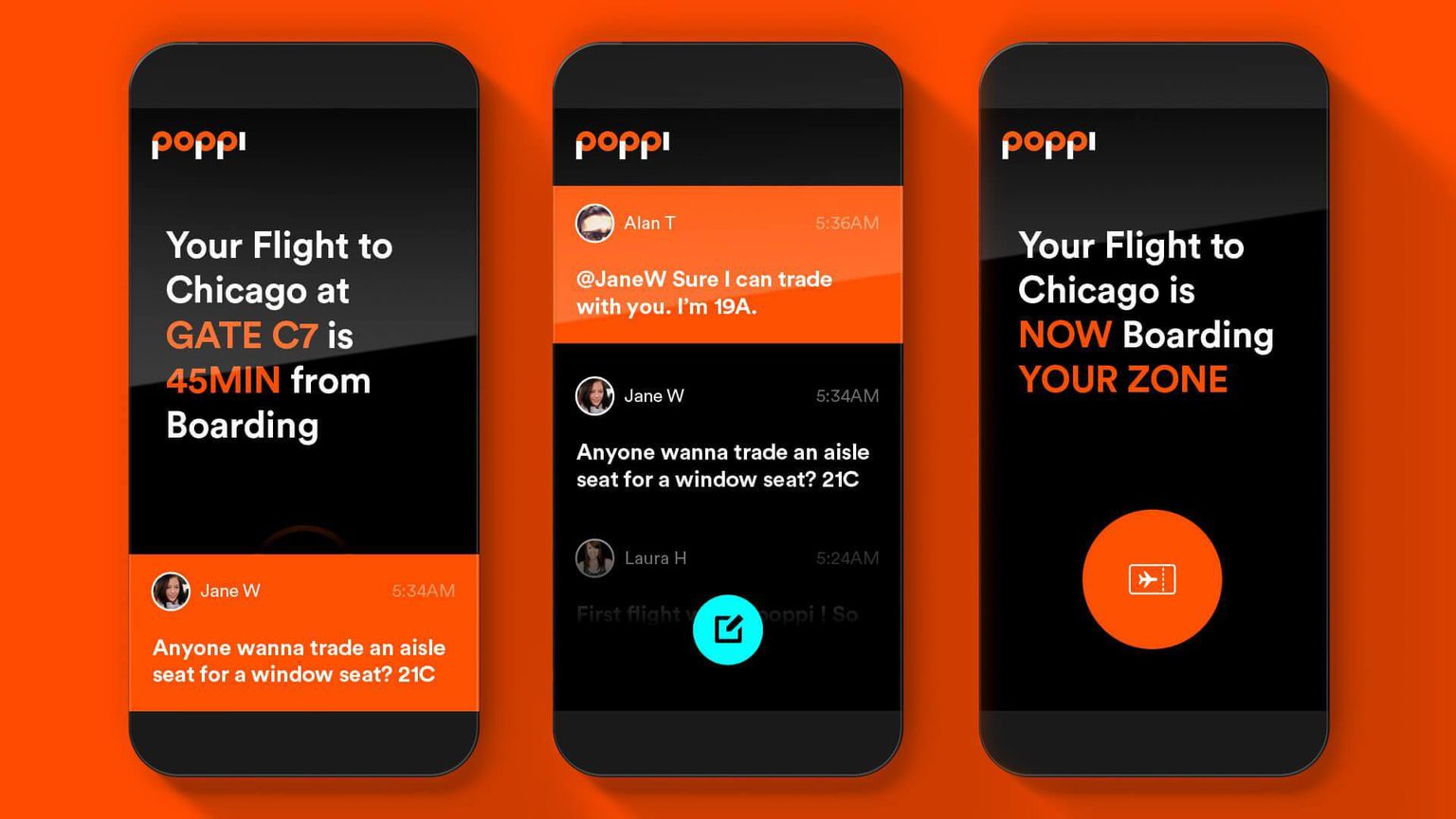
Big leaps forward will be required by airlines to keep pace with emerging transportation alternatives. Airlines will need to partner with the likes of Amazon, Google, Apple, and Microsoft to bring artificial intelligence into the air travel experience. This could transform airport navigation as well as the boarding process. Also, airlines will need to make real-time bag tracking an industry standard, and even use passenger information to proactively form Uber and Lyft pools for passengers headed to the same in-city destination.
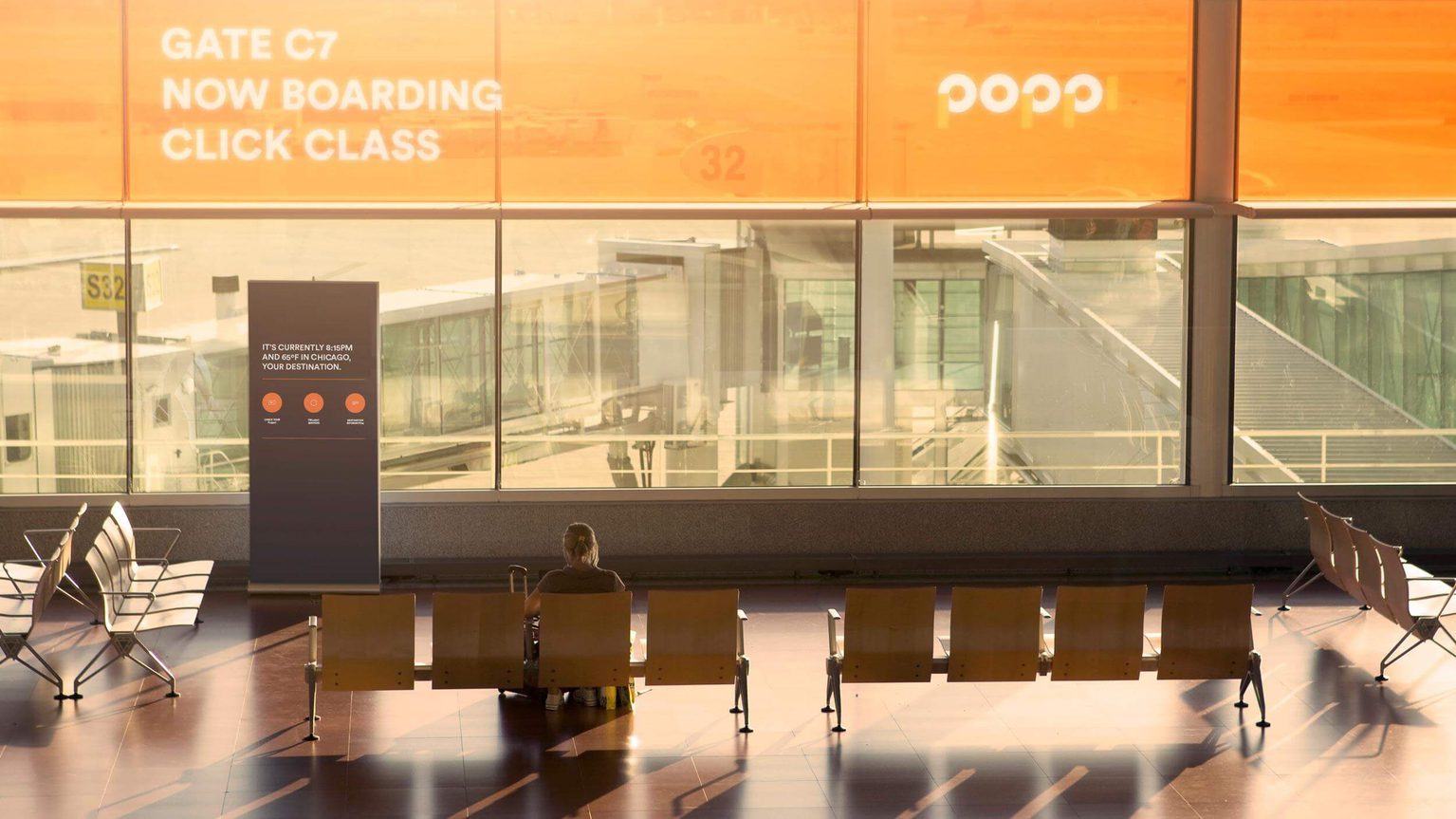
Poppi also presents reasoned alternatives to some of commercial aviation’s most deeply entrenched practices, including how airlines handle bags and the way cabins are organized. Instead of traditional overhead storage for carry on luggage, the airline startup brings back the fedora bin: A small compartment suited for coats, hats, and briefcases. Smaller bins would speed up boarding time by 70%, and shave 3,000 lbs. off a 777 jet, saving airlines up to $25 million a year in fuel costs.
Baggage is tracked safely by RFID tags, so that it can be dropped off as early as possible (at train stations on the way to the terminal, perhaps) and returned at destinations on the other side.
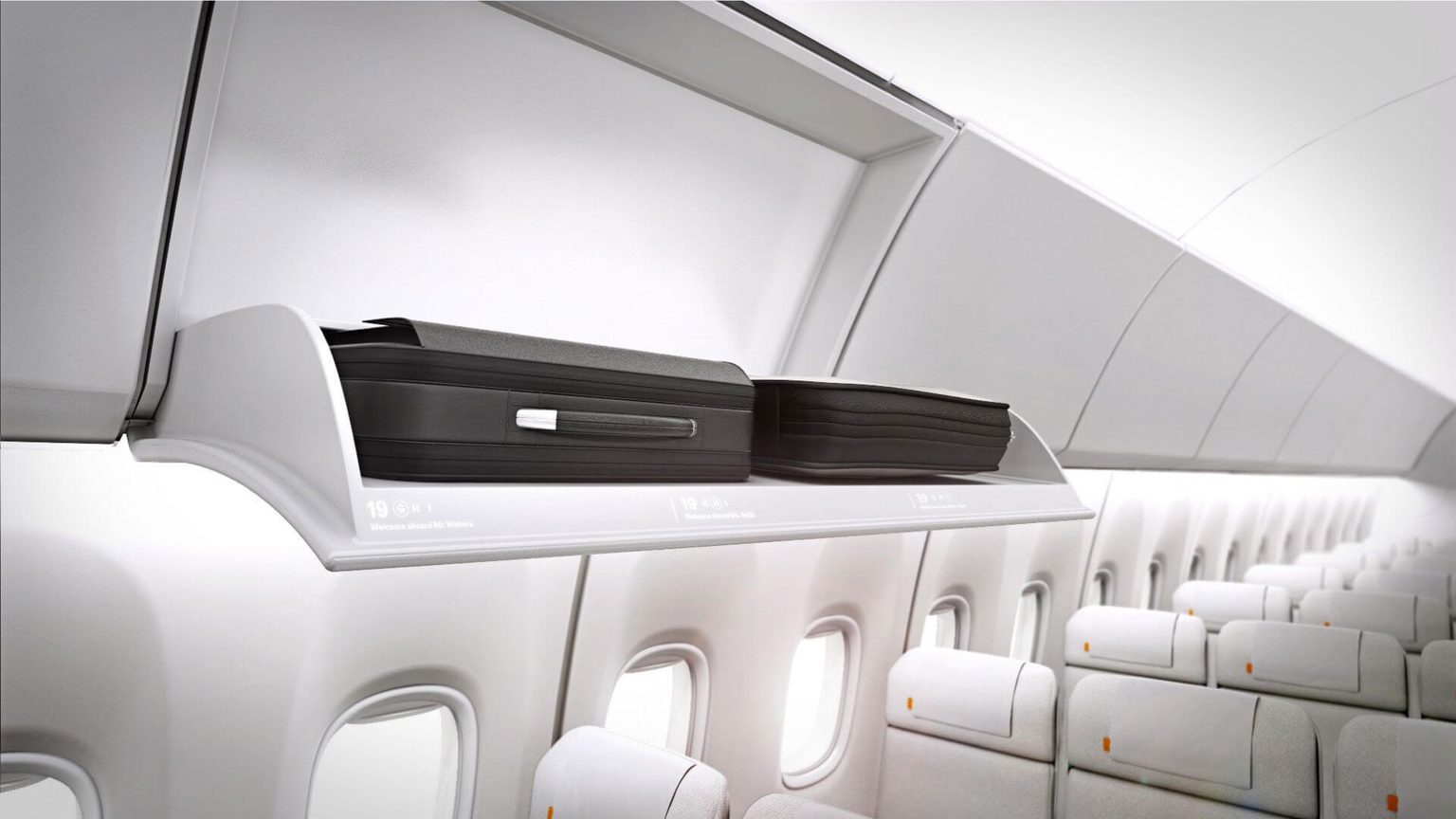
Poppi zoning focuses on providing different experiences, rather than quality tiers. Cinema Class, where exclusive media takes center stage, is joined by Click Class, which catering to frequent, short-haul fliers and features its own Poppi-specific smart baggage that clicks into place in your seat. Finally, there’s promotional class, taking the dreaded middle seat and turning it into a potentially desirable choice by offering exclusive gifts and services from partner brands.
Additional app-based, in-flight only shopping opportunities are made possible through retail partnerships, and offer ease of accessibility with things like ordering food and drinks, purchasing items, and viewing or listening to exclusive content.
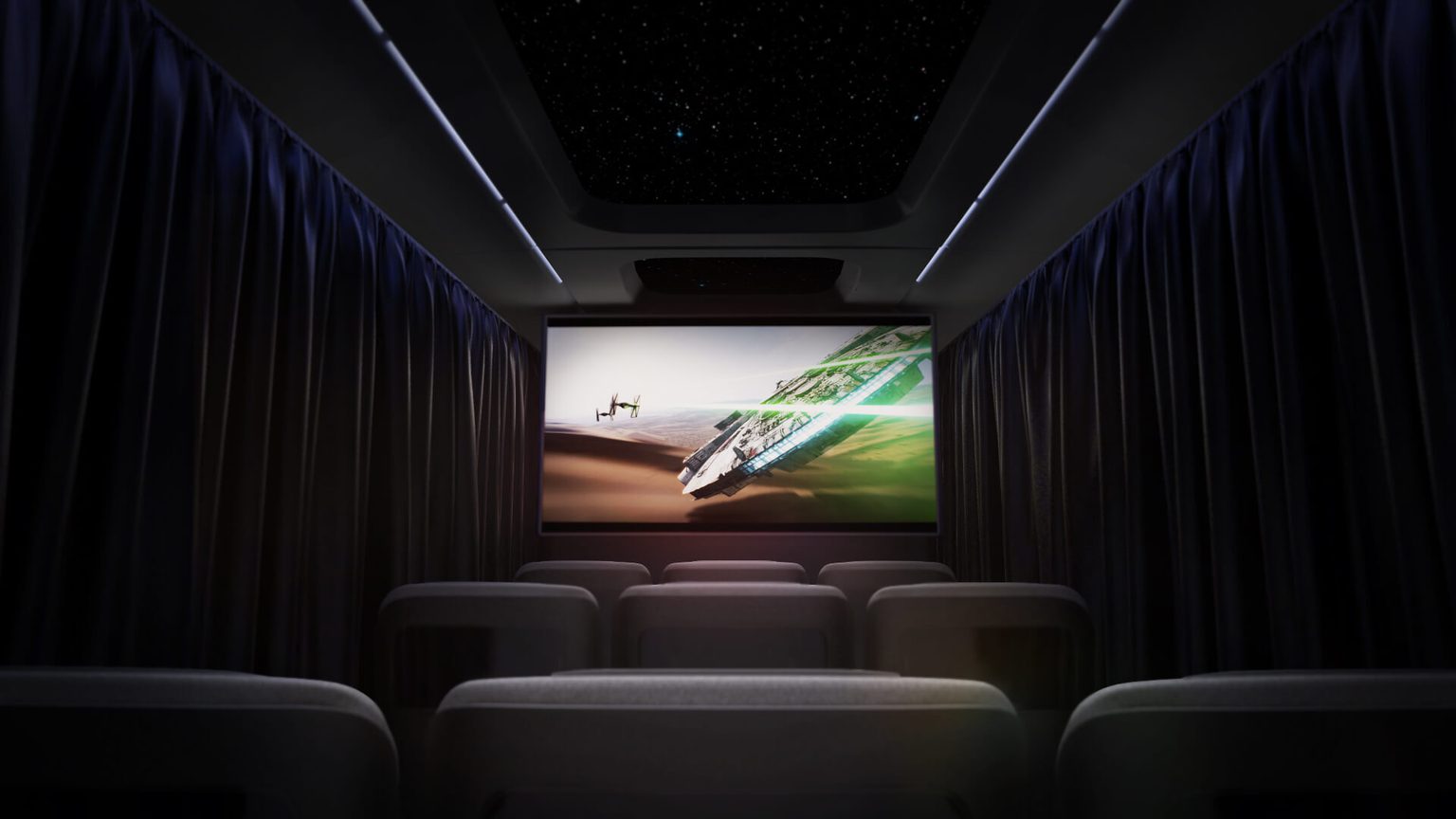
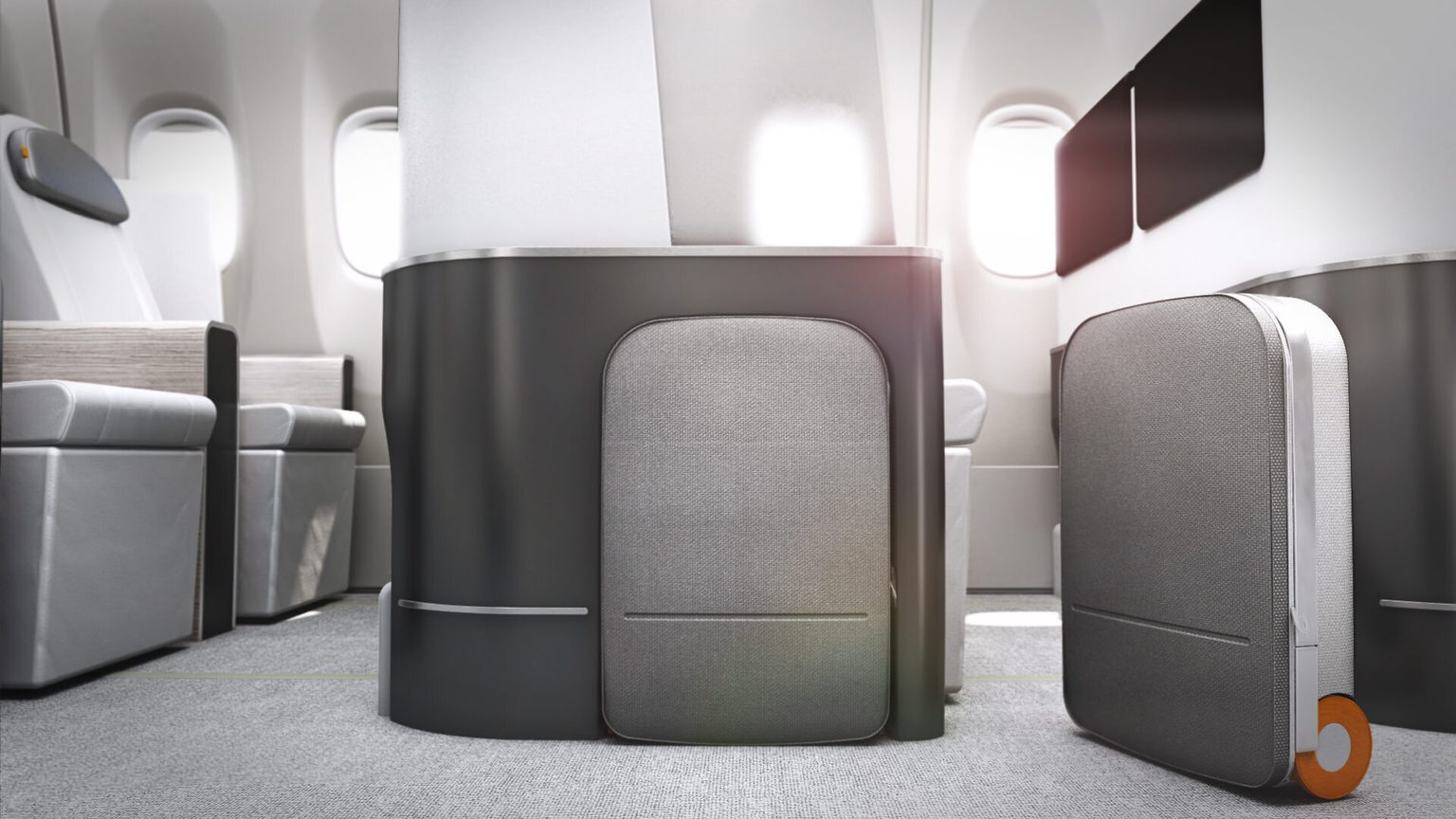
Co-making is a short-cut to removing friction within the travel experience, and also delivering experiences passengers can’t get anywhere else. In-flight entertainment centers are an obvious starting point for co-making relationships, and airlines will need to offer the ability to check-in to hotels, pre-order room service, and even customize hotel rooms through IoT devices and systems. Airlines will also need to establish relationships with powerful brands outside the category to offer sought-after products and services that are only available onboard connected aircraft, which could include everything from custom Nike shoes to pre-release Xbox games.
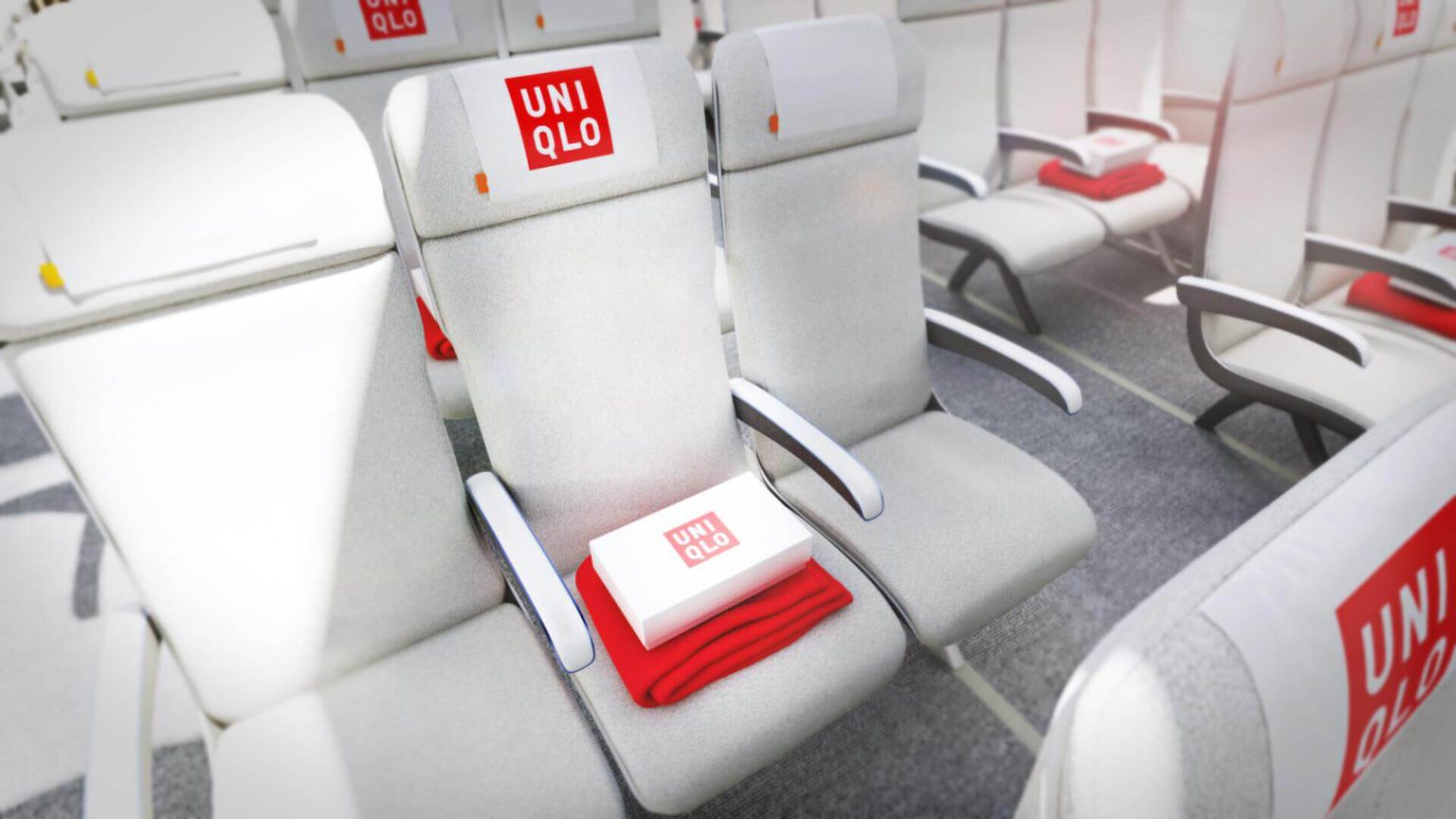
RESULT
With an equal emphasis on airline revenue, passenger experience, and brand loyalty, Poppi sparked numerous conversations after its debut at the Airline Passenger Experience Association Expo (APEX). The Poppi business model has the potential to save airlines millions while instilling passenger loyalty through carefully crafted partnerships and unique onboard experiences, creating happier customers and healthier bottom lines.